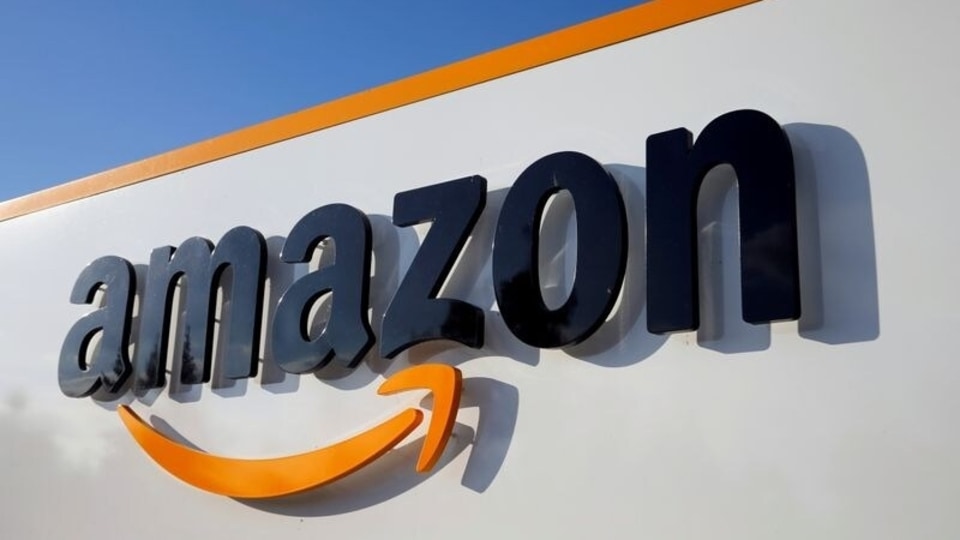All you need to know about the personalised pricing trend as Big Tech enters insurance
Massive tech companies that enter the insurance space have the potential to disrupt the insurance industry as we know it.

Interestingly, Thomas Buberl, CEO of AXA France, the French multinational insurance firm is known to have said, “Facebook, Google, or Apple….I believe those are our competitors of tomorrow, and not Lemonade or other small insurance companies.”
Here are a few examples of Big Techs or dominant and innovative tech-centered companies entering the insurance space -
- Google invested in Applied Systems, a cloud-based insurance agency technology company.
- Apple partnered with Cisco, Aon, and Allianz to develop a cyber risk management solution.
- Amazon launched Amazon Protect in the UK and Acko in India.
What does Big Tech's entry into the insurance space mean?
We believe massive tech companies that enter the insurance space have the potential to disrupt the insurance industry as we know it.
Why? Conventionally, the sector rides on the skills of actuaries who analyse financial risk and determine premium bands. If premiums are too low, insurance pay-outs can bankrupt the company. If they're too high, customers opt for competitors' cheaper options.
Obviously, better data ensures better clarity of potential risk, and helps actuaries accurately price insurance products. However, competing actuaries have always had access to the same data.
And, in such a cluttered and undifferentiated market, Big Tech has the potential to introduce individualised risk pricing. These companies can revolutionise the way, for instance, automobile premiums have been calculated because some of these companies are privy to unprecedented live data in the space, and are expected to start taping this information, barring regulatory constraints.
How does individualised risk pricing work?
Big Tech's potential individualized pricing will be a tough act to follow or even imitate because of the access to precise, real-time and highly personalised data. We are talking about the kind of data that can help incumbents' transition from risk profiles that are broadly defined and homogeneous to a hyper-personalised one.
The customer benefits of personalised pricing include everything from a broader coverage to better premiums, especially for those identified as ‘good' risks. Such personalisation could motivate individuals to adopt healthier lifestyles or be better drivers.
Building a personalised pricing capability
Such disruption by Big Techs creates an urgency for insurance companies to up their data game. And, we expect insurers who don't leverage formidable data strategies to run the risk of re-intermediation, become mere policy issuers apart from taking risks onto their own books.
Our recommended strategy for insurers wanting to build an individualized pricing capability involve –
Becoming a digital-first organisation - As a primary focus, insurers must move away from ‘anchor' or ‘selective' digital initiatives and set themselves on the path of complete digital transformation. It's important to note that while the implementation can be based on MVPs or thin slices, the vision should embody the complete digital transformation of the entire value chain to have a significant impact. The digital initiatives should re-engineer customer journeys to suit personalized pricing and not be a quick-fix wrapper built across existing channels, systems, and product legacies.
Redefining the data strategy - Data is central to personalized pricing. The strategy, at a high level, should be uniform across the organization and address data collection, transmission, usage, security, and accessibility. The data shouldn't be restricted to actuaries alone but made available to marketing to modify campaigns, to underwriters to make riskier than usual decisions, and to the claims function to accurately assess risks and prevent frauds, etc.
Strategic partnering - For better access to data, insurers will need to partner with the likes of social media giants, tech firms, fitness equipment providers, telematics manufacturers, and digital native insurtech firms. These partnerships should involve both the exchange of data and technological expertise.
Creating customer incentives - Insurers will need to make customers comfortable with the idea of sharing more data. They will have to create incentives to encourage this sharing behaviour. This could be financial, like low premiums or non-financial like customised policy terms. They will also have to consistently collaborate with regulators to define the boundaries of data collection and its necessity.
In conclusion, disruptions caused by Big Techs might not call for immediate concern but will be a differentiating factor in the coming decade. To end with Bill Gates' apt words, “We always overestimate the change that will occur in the next two years but underestimate the change that will occur in the next ten. Don't let yourself be lulled by inaction.”
This article has been written by Ritesh Raj, Senior Consultant, ThoughtWorks
Catch all the Latest Tech News, Mobile News, Laptop News, Gaming news, Wearables News , How To News, also keep up with us on Whatsapp channel,Twitter, Facebook, Google News, and Instagram. For our latest videos, subscribe to our YouTube channel.


























